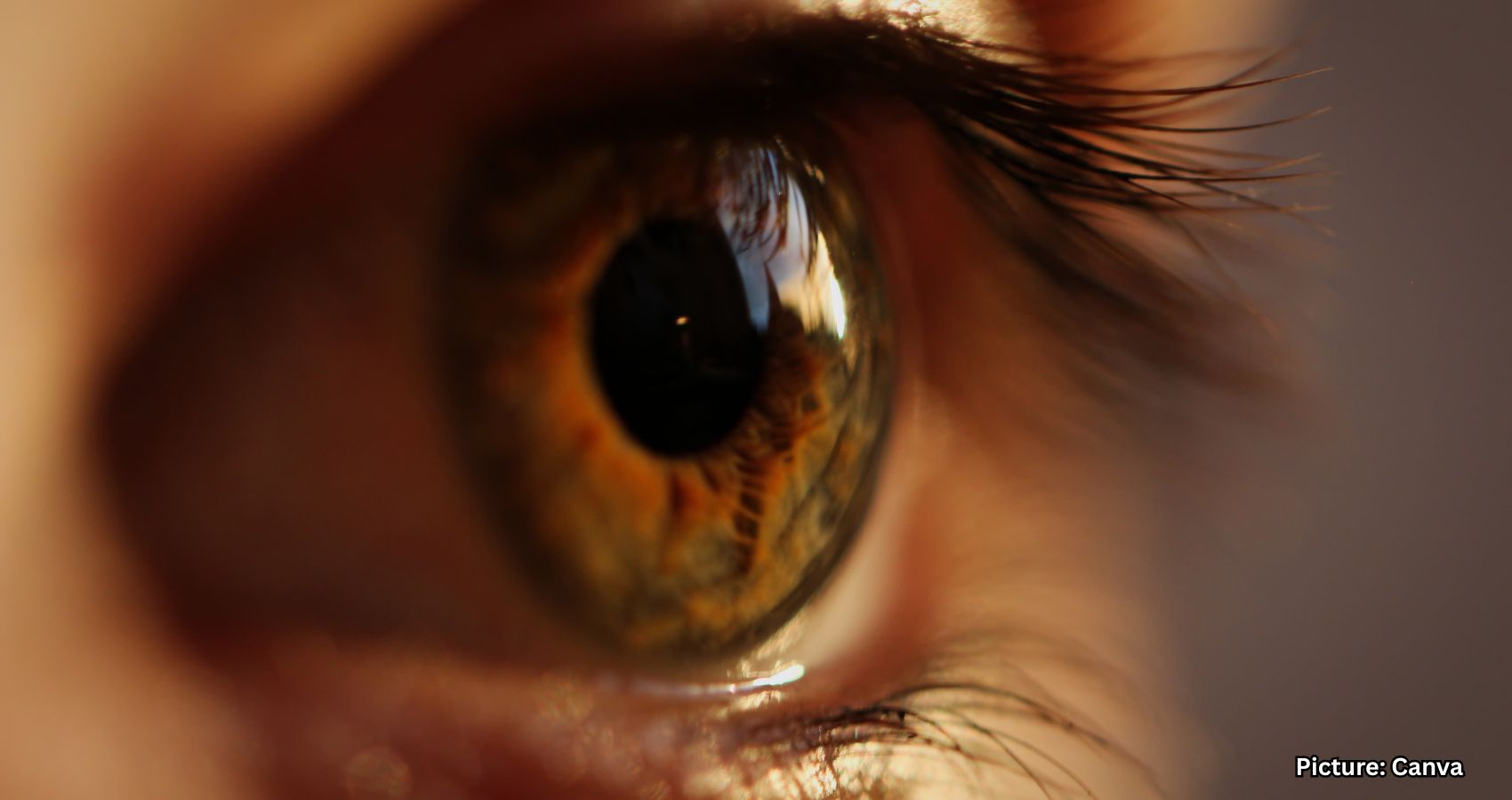Scientists in South Korea have identified a protein that could unlock the body’s ability to regenerate damaged retinal cells, potentially leading to groundbreaking treatments for vision loss.
Millions around the world live with vision loss once deemed irreversible, but this new discovery by South Korean researchers could change that outlook. The researchers have identified a protein, PROX1, which plays a crucial role in regenerating vision cells. Located in the human eye, PROX1 acts as a molecular gatekeeper, blocking the body’s natural capacity to regrow damaged retinal cells.
In a significant breakthrough, the scientists successfully blocked the PROX1 protein in mice, resulting in the regeneration of critical retinal cells for an impressive duration of six months. This marks a substantial milestone for mammals, comparable in many ways to the natural regenerative abilities demonstrated by zebrafish and amphibians for years.
Researchers are enthusiastic about the implications this finding could have, not just for animals but potentially for humans as well. If applied to human medicine, this development could revolutionize treatments for vision loss, providing hope for millions suffering from retinal degeneration and other eye diseases.
The work has sparked conversations in the field of regenerative medicine, an indication of the monumental impact this discovery could have. Retinal cells, as explained by experts, can be seen as extensions of the brain due to their critical role in processing and transmitting visual information. With the ability to regenerate these cells, a vast array of possibilities opens up for innovative treatments addressing degenerative conditions.
Editorial commentary from Popular Mechanics editors Andrew Daniels and Manasee Wagh shed light on why this research represents a pivotal moment in the scientific understanding and potential treatment of blindness. Their discussion highlights the transformative potential of such findings for countless individuals, as well as for pets like Andrew’s dog suffering from similar degenerative disorders.
This breakthrough in South Korea represents a significant leap forward in regenerative medicine, offering a glimpse into a future where vision restoration is not just a possibility but a realized benefit for millions, according to Popular Mechanics.
Source: Original article

